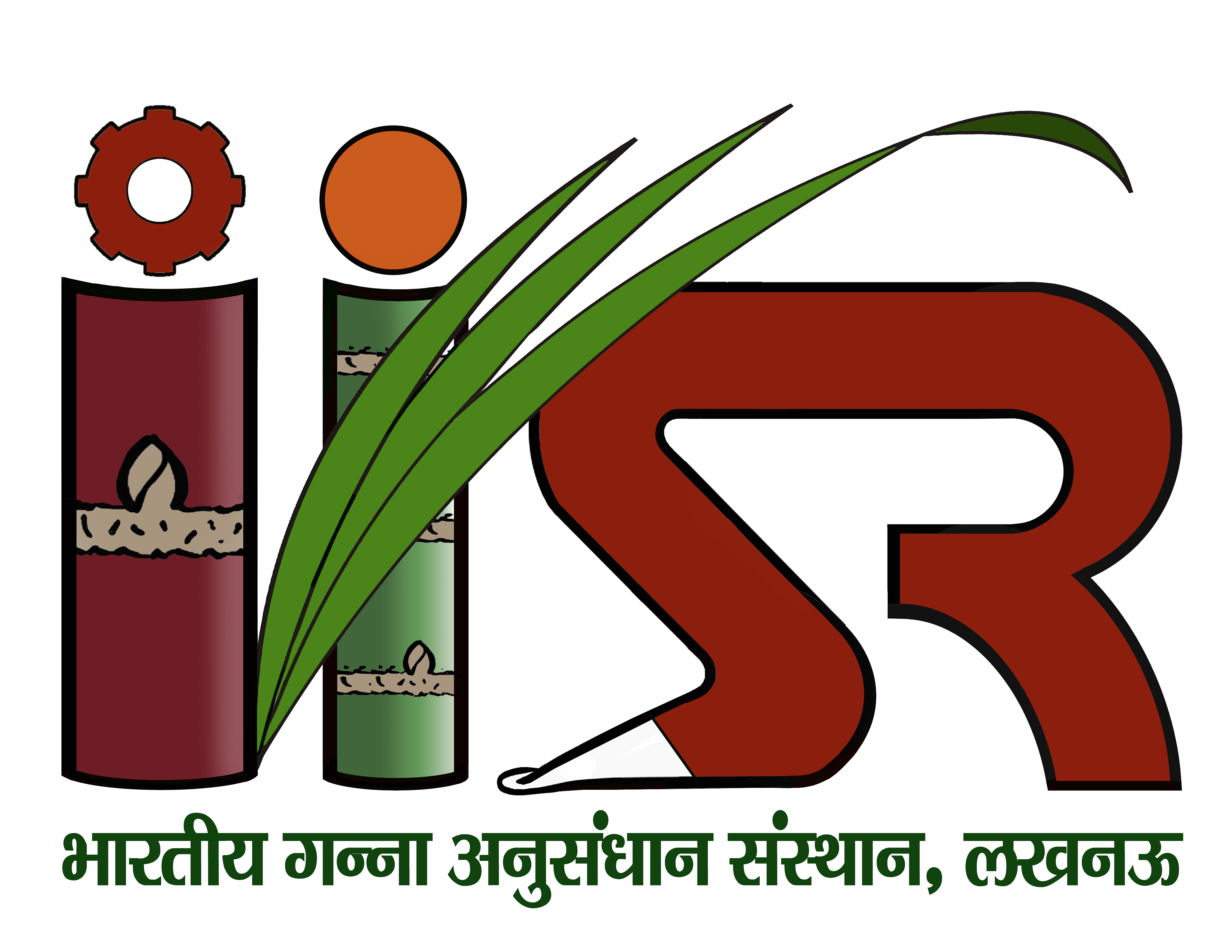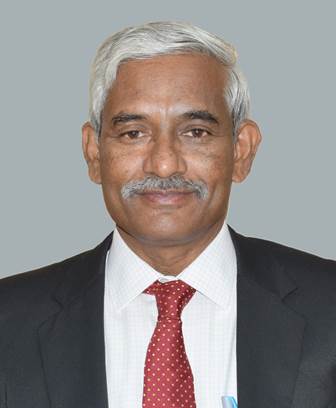| A new package for sugarcane cultivation with ‘cane-node’ has been developed. It saves the seed cane requirement by 60% and ensures uniform crop geometry leading to enhanced number of millable canes and cane yield. |
| The new management techniques i.e. deep tillage and cross sub-soiling at a distance of 1.50 m has improved soil physical properties comprising bulk density, infiltration rate and aggregate stability which culminates into substantial increase in sugarcane yield in plant-ratoon system. |
| Micro-irrigation techniques comprising surface and sub-surface drip irrigation methods have been developed for higher cane production with ultimate aim of saving of irrigation water requirement more than 70% of irrigation water than other conventional practices. |
| A sugarcane Technology-Park showcasing recently developed agro-techniques including promising varieties is being maintained for visitors. For effective dissemination of technologies, training sessions for farmers, sugar factory personnel and State Cane Department officials have been organized. |
| Recent studies on cropping system indicated that sugarcane-ratoon-wheat system was better with respect to soil organic content enhancement (0.45%) than rice-wheat system due to addition of crop residue. The SOC value improved 40.6% in Sugarcane -ratoon-wheat system than 21.8% in rice-wheat system over the initial SOC. |
| Current findings on sugarcane productivity in relation to initial soil organic carbon content and nutrient management emphasized that initial soil organic content more than 0.65% at the time of sugarcane planting exerts significant influence on cane yield of third ratoon crop under varying nutrient management practices in sub-tropical conditions. |
| It has been well established in experimental studies that ratoon cane yield significantly increased with increasing SOC content and the highest sugarcane yield (87.54 t/ha) was attained with > 0.76 % SOC. |
| The technology of sugarcane planting by cane node method saves precious seed cane planting material (17 quintal/ha) and thereby reduced cost of sugarcane cultivation. Cane node technology has quite ample advocacy among sugarcane farmers for rapid multiplication of newly released varieties of sugarcane. |
| Target yield based nutrient application equation has been developed for optimizing doses of NPK for spring season plant crop, ratoon crop (var. Co 0238) and wheat crop under sugarcane-ratoon wheat cropping system. |
| After extensive studies on integrated farming system, it has been worked out that sugarcane, banana and papaya based intercropping systems were found profitable module along with bee-keeping and mushroom cultivation. |
| In the school thought of conservation agriculture conducting/organizing rigorous experimental trial it was found that Zero tillage with crop residue recorded 18 percent higher wheat grain yield over conventional tillage and 7.7 percent higher over conventional tillage with crop residue incorporation. |
| Among weed management practices involving various post emergence broad spectrum herbicides used for screening to manage binding weeds showed that Ametryn @1500 g/ha, 2, 4-D @2000 g/ha, Metribuzin @ 1250 at 30 DAS, managed the Ipomea spp efficiently. |
| In the irrigation management studies, it was proven that 37% sugarcane yield increased with adoption of drip method of irrigation in contrary to prevailing flat/furrow method. |
| Paired-row trench planting with trash mulching has improved significantly higher sugarcane yield (114.3 t/ha) than conventional flat method of planting with trash mulching (101.9 t/ha). Similarly, trash mulching also reduced irrigation water use and improved water use efficiency. |
| With the Judicious utilization of natural resources in the recently conducted experimental investigation it has been proved that potato + sugarcane intercropping system was found more remunerative and sustainable as compared to potato-sugarcane sequential system. |
| Inclusion of fourth important nutrient to cane nutrition management aspect with the recommended NPK + S and Zn equivalent to NPSZn and NPSZn exhibited superiority in the form of higher tonnage yield and highest benefit cost ratio. |
| Use of bio-agent as efficient nutrient saving techniques has well proved that 25% phosphatic fertilizer could be saved with the use of potential phosphatic solubilizing bacteria PSB 28, & PSB 29 (IKSHU PSB). |
| Diverse group of beneficial plant growth promoting microbes have been isolated, screened, characterized and identified molecularly. Forty eight microbial 16S rDNAnucleotide sequences submitted to GenBank NCBI and allotted Accession Number. Potential microbial strains available at SWAPM Lab are Gluconacetobacterdiazotrophicus strain NB69, Gluconacetobactersacchari strain NB2, Gluconacetobacteraggeris strain NB1, Pseudomonas fluorescens strain PSB28, Enterobacter cloacae strain KSB9, Acinetobactercalcoaceticus strain ZSB18, Bacillus megaterium strain SOB45, Enterobacterludwigii strain SSB39 and Trichodermaharzianum strain T6. |
| Microbial culture (Gluconacetobacterdiazotrophicus strain NB69 Gluconacetobactersacchari strain NB2, &Pseudomonas fluorescens strain PSB28) in combination with recommended doses of fertilizers applied in sugarcane, recorded that recommended dose of fertilizers can decrease easily through microbial application while improving tillers, plant growth and plant physiological parameters, cane yield and juice quality parameters. |
| MoU Signed between Indian Institute of Sugarcane Research and Grasim Industries Ltd. for commercial manufacturing and distribution of N fixer Extensive studies on Nitrogen fixing microbes indicated that 25 % N fertilizers could be reduced with use of endophytic nitrogen fixing bacterial strain- Gluconacetobactor sacchari identification and molecular characterization of Gluconacetobactor sacchari (N fixer) and phosphate solubilizing bacteria (PSB) Pseudomonas (PSB 28 and PSB 29) has been done. The technology has also been commercialized through Grasim Industries Ltd. for commercial manufacturing and distribution among farmers. |
| MoU Signed between Indian Institute of Sugarcane Research and Institute of Nanoscience and Technoloy To increase the nutrient use efficiency and reduce the loss of nutrient and cost of cultivation ICAR-Indian Institute of Sugarcane Research, Lucknow joined the hand with DST institute, Institute of Nanoscience and Technology, Mohali for collaborative research work on Nanofertilizers. |



